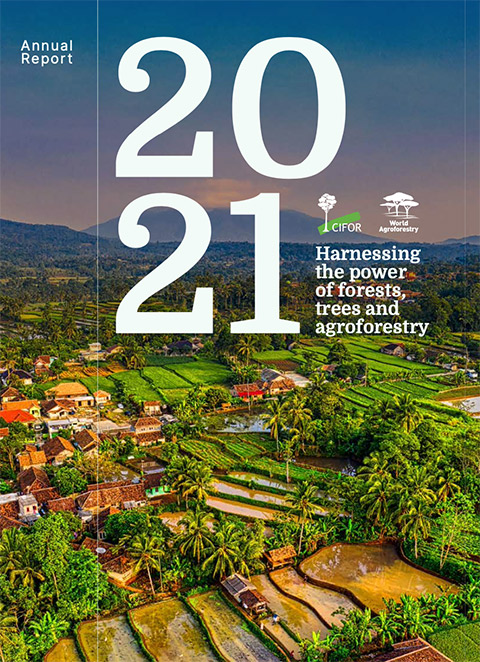‘Tipping points’. The term conjures images of uncontrollable global heating and collapsing ecosystems. But what about positive tipping points? Is there a way to turn vicious cycles into virtuous ones?
Hosted digitally and in Glasgow alongside COP26, the GLF Climate hybrid conference tackled that very question. It started with a call for ambitious, concrete action to stop the climate crisis – and finished by equipping a record number of people with new tools for transformation.
Racking up over 1 million views from over 140 countries, GLF Climate reached more than 42 million people on social media, and provided a crucial platform for 400 speakers – of which 50 percent were women – to explore the potential of three key climate solutions: forest restoration, resilient food systems and sustainable finance.
Leading scientists, activists, Indigenous leaders, financiers, youth and policymakers led or engaged in discussions during 67 plenaries, interactive sessions, launches and climate talks held in English, Spanish and French. Their audience included 4,500 digital participants from 145 countries, along with 481 in-person participants at the University of Glasgow. Messages spread on social media rallied 42 million people around concrete, effective and immediate ways to address the climate emergency.
New initiatives launched at GLF Climate include the Food Systems, Land Use and Restoration (FOLUR) Impact Program by GEF and World Bank, Biodiversity for Opportunities, Livelihoods and Development (BOLD) by Crop Trust and the Government of Norway, Transparent Monitoring in Practice and Actioning Agroecologically Conducive Policies for a Food System Transformation by CIFOR-ICRAF and partners, The Forest Allies community of practice by Rainforest Alliance and partners, and Restore Africa by EverGreening Global Alliance.
Supported by German Federal Ministry for the Environment, Nature Conservation, Nuclear Safety and Consumer Protection (BMUV), German Federal Ministry for Economic Cooperation and Development (BMZ), the Government of the Grand Duchy of Luxembourg, Food Systems, Land Use and Restoration (FOLUR) Impact Program, and Global Environment Facility (GEF)
“Because we are part of the community, we thrive with the community, we rise and fall together as a community.”
His Majesty Ngwenyama Inkosi Ya Makhosi Gomani V.
King of the Maseko Nguni/Ngoni






